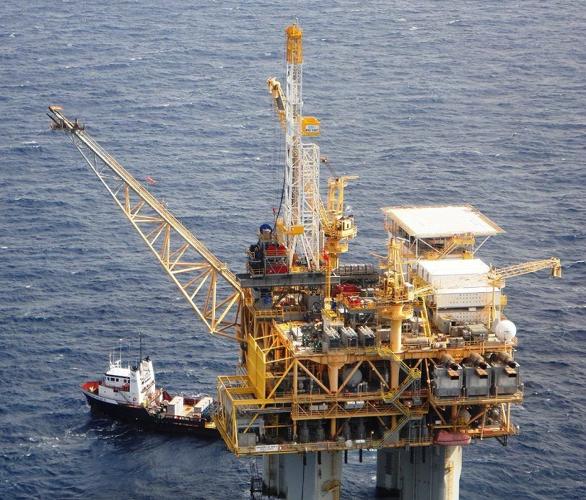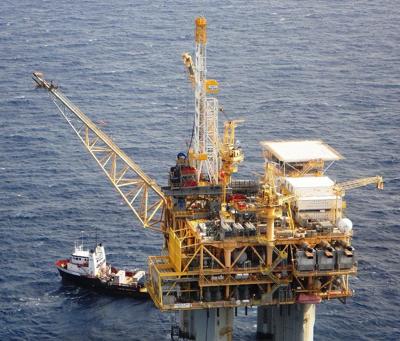Joe Biden made history this week as the first presidential nominee for any major political party to hold the official position of “banning new oil and gas permitting on public lands and waters” as part of his plan for climate change.

Greg Upton
The Democratic Party nominee's plan begs two obvious questions: First, will it be effective in reducing greenhouse gas emissions? And second, how would the plan impact Louisiana?
Let’s begin with greenhouse gas emissions.
For perspective, oil and natural gas production on U.S. federal lands and waters, which includes the Gulf of Mexico, accounts for less than 3% of global production. If permits are discontinued, it would likely take about a decade for the lion’s share of production to decline with no new drilling.
How might this aid in an energy transition? The simplest answer is, it wouldn’t.
There are many sources of oil and gas, both domestic and global. This policy would create price increases as global markets adjust to the news, increasing energy costs for consumers and businesses. But in the long run, supply and demand will balance at approximately the same level, with or without the ban. Likely, some of this supply would come from countries with less stringent environmental regulations.
How would Biden’s energy plan impact Louisiana?
Louisiana’s mining sector — how the U.S. government characterizes oil and gas development — employs about 30,000 workers, with another 38,000 employed in refining and chemical manufacturing and thousands more in other related industries. A ban on offshore drilling would cause ripple effects throughout the supply chain and devastate communities like Houma and Lafayette, whose business cycles closely mimic the offshore rig count.
So, what would a successful decarbonization policy entail? First, the nation has already taken steps in that direction.
Thirty states have passed renewable portfolio standards requiring some share of electricity from renewables. Since 1992, the federal government has subsidized renewables through production tax credits programs, with a cost of over $5.1 billion in 2019. Last year, an estimated 37% of U.S. electricity came from low-carbon sources.
Further, coal generation (the largest source of carbon emissions in the electricity sector) has been on the decline and now accounts for a historic low 23% of generation, down from 40% just five years ago. This reduction in coal has been facilitated, ironically, by cheaper natural gas, as electricity generation has switched to gas turbines.
Strides have also occurred in transportation. In 1975, Congress established Corporate Average Fuel Economy standards that set standards for new vehicles. According to the Environmental Protection Agency, since 2004 the average estimated real-world CO2 emissions rate for all new vehicles has decreased by 24% and is at an all-time low.
What has been the result? According to the World Bank, the U.S. has achieved a reduction in CO2 emissions by an estimated 16% since 2007. And this has occurred during a period of record amounts of oil and gas production.
A common thread among prior U.S. policies is they operate within markets, in stark contrast to the proposed outright ban on economic activity. There is a slew of well-researched environmental policies that can aid in further accelerating decarbonization. Biden’s proposal to end offshore drilling is unlikely to speed decarbonization and, if enacted, will wreck the Louisiana economy.
Greg Upton is an associate research professor at the Louisiana State University Center for Energy Studies.





